D&D Classes With Versatility For Small Parties
The Best Options Can Cover The Bases
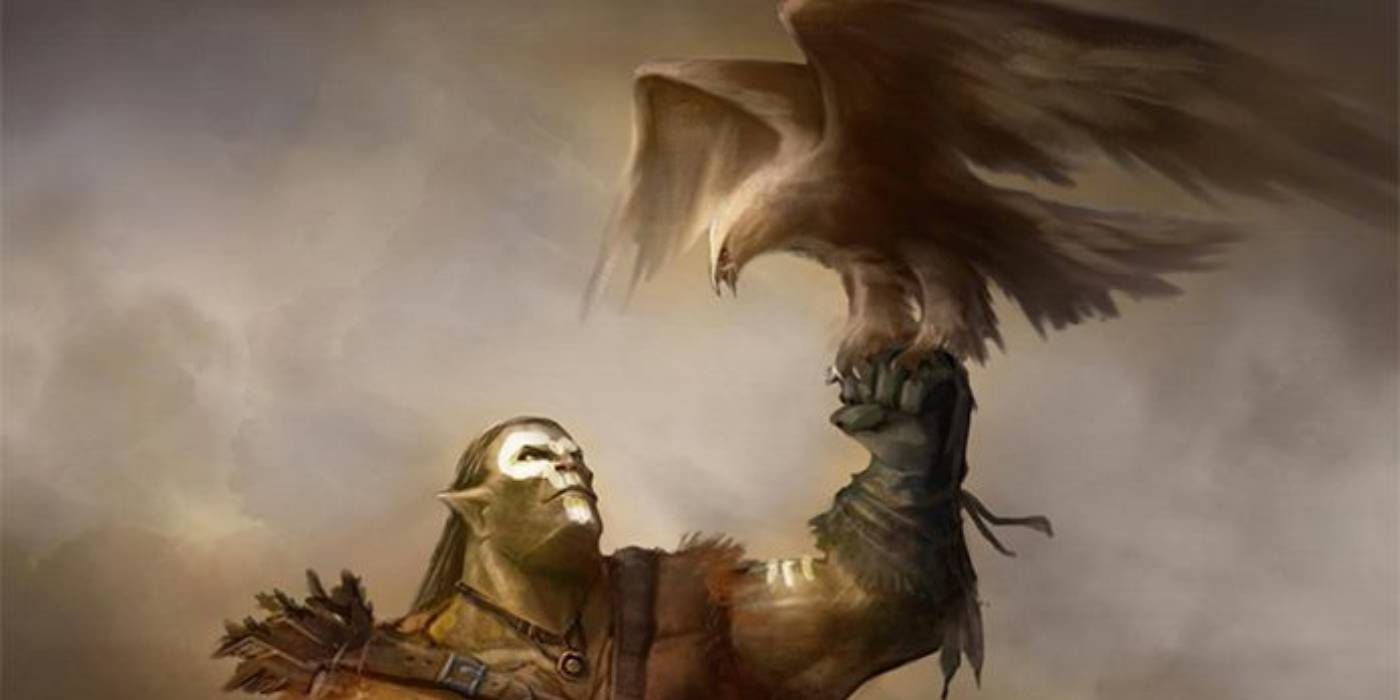
It's not always possible to gather a full group of at least four players together for DnD, and not all players are comfortable running two characters. The group might also not want to use Dungeons and Dragons' Sidekicks, even though they can be helpful in bolstering the group's numbers. If your small DnD party is going to survive its dungeon crawl, then players will have a better chance of staying alive if they are careful with their choice of character class. The best DnD classes for extremely small parties are:
1 | Fighter, Paladin, or Ranger |
2 | Rogue |
3 | Sorcerer or Wizard |
The reasons and specifics regarding these DnD class choices are detailed below.
Best D&D Classes For One Player Games
Survival Is The Most Important Thing
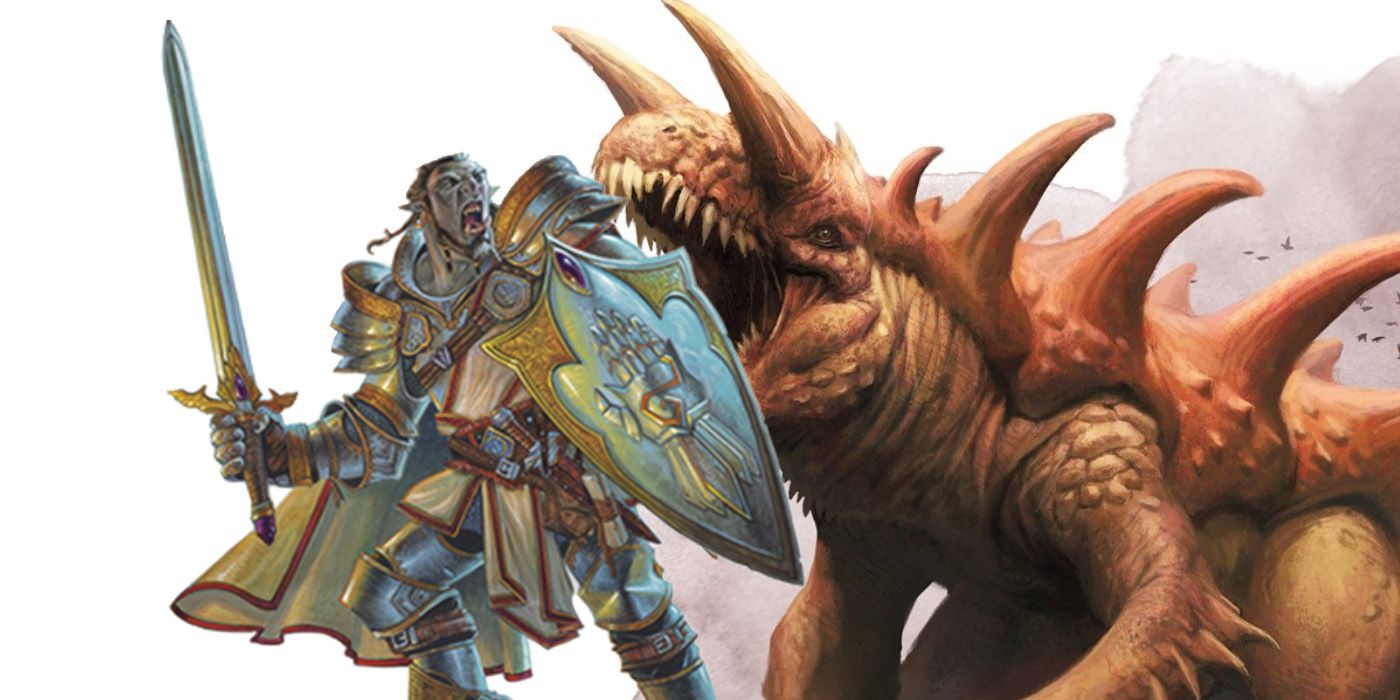
There are times when a single adventurer must venture out into the world. There are also times when DMs will run a solo game for a player in order to give them a feel for the rules. In these cases, it's important that a character can survive long enough on their own. The best way to do this is with a character that can deal damage, has high AC, and the ability to heal themselves.
The hard-to-kill DnD Paladin is the best option for this, as they can wear heavy armor, can use shields, and can utilize the Lay On Hands class feature to heal their wounds. According to the newest set of rules in DnD's 2024 Player's Handbook, they can also access the useful healing spell cure wounds at level one, which used to be inaccessible until level two. At level two, Paladins can either power up their fighting style or strengthen their support capability with a couple of Cleric cantrips.
The Ranger is also a good choice for similar reasons, with level one access to cure wounds and some other spells and features that are useful for general exploration. The Fighter class is a strong second choice, as they can use the Second Wind feature for some extra healing. All of these classes get Weapon Mastery properties in the 2024 Player's Handbook, offering unique abilities when they use weapons that their character has proficiency with.
Best D&D Class For Two Player Campaigns
Rogues Are Always Great Additions To The Party
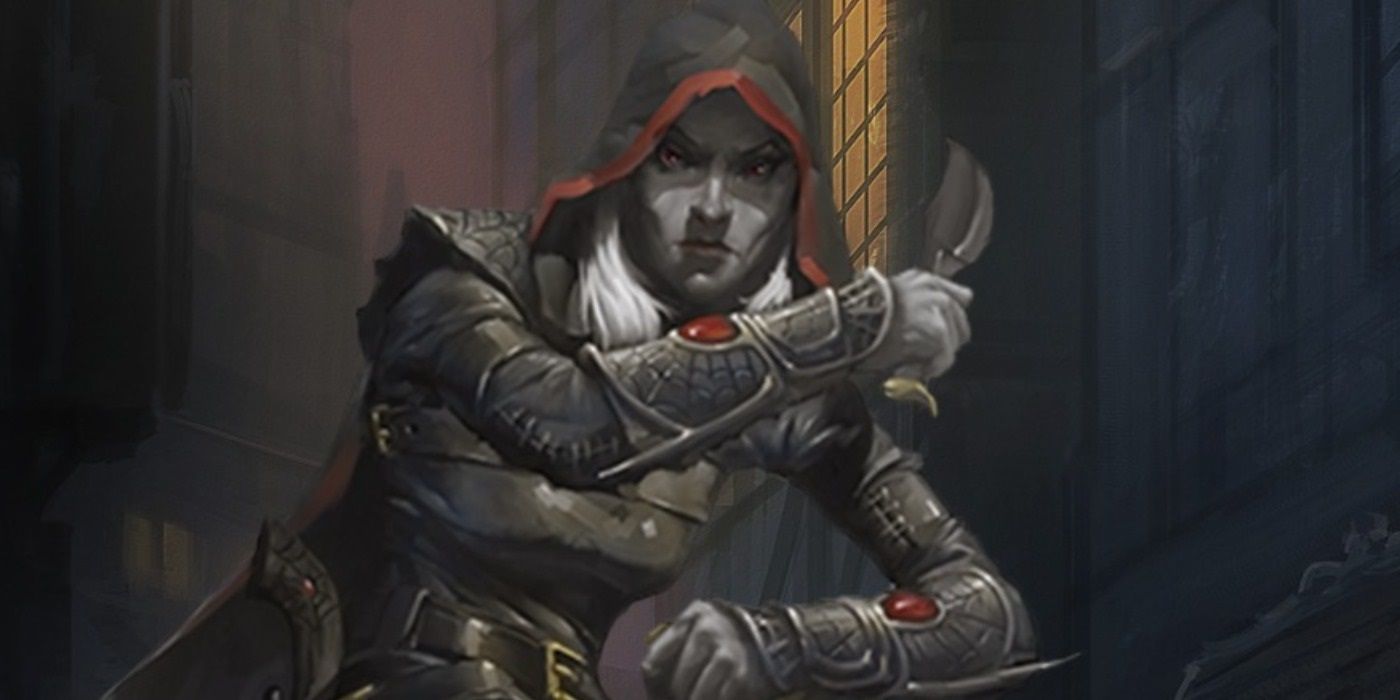
Once a second character is added to the mix, the best DnD class to add is Rogue. The expansive skill set of the Rogue is necessary for surviving many encounters your Dungeons and Dragons party might face, in terms of both dungeoneering and dealing with NPCs. Rogues get Expertise in a couple of skill proficiencies off the bat, allowing them to double proficiency bonuses on a number of rolls and significantly increasing their odds of success in various challenges.
The Rogue class' Sneak Attack also deals a ton of damage when coupled with another character, and their Cunning Action ability that they gain at level two helps them move around the battlefield quickly and safely to stay alive for longer. Rogues work best when combined with a character class like Fighter or Paladin, and while they are not the best D&D class choice for a one-player adventure, they are perfect for a party of two.
Best D&D Classes For Three Player Parties
Bringing Magic Into The Mix
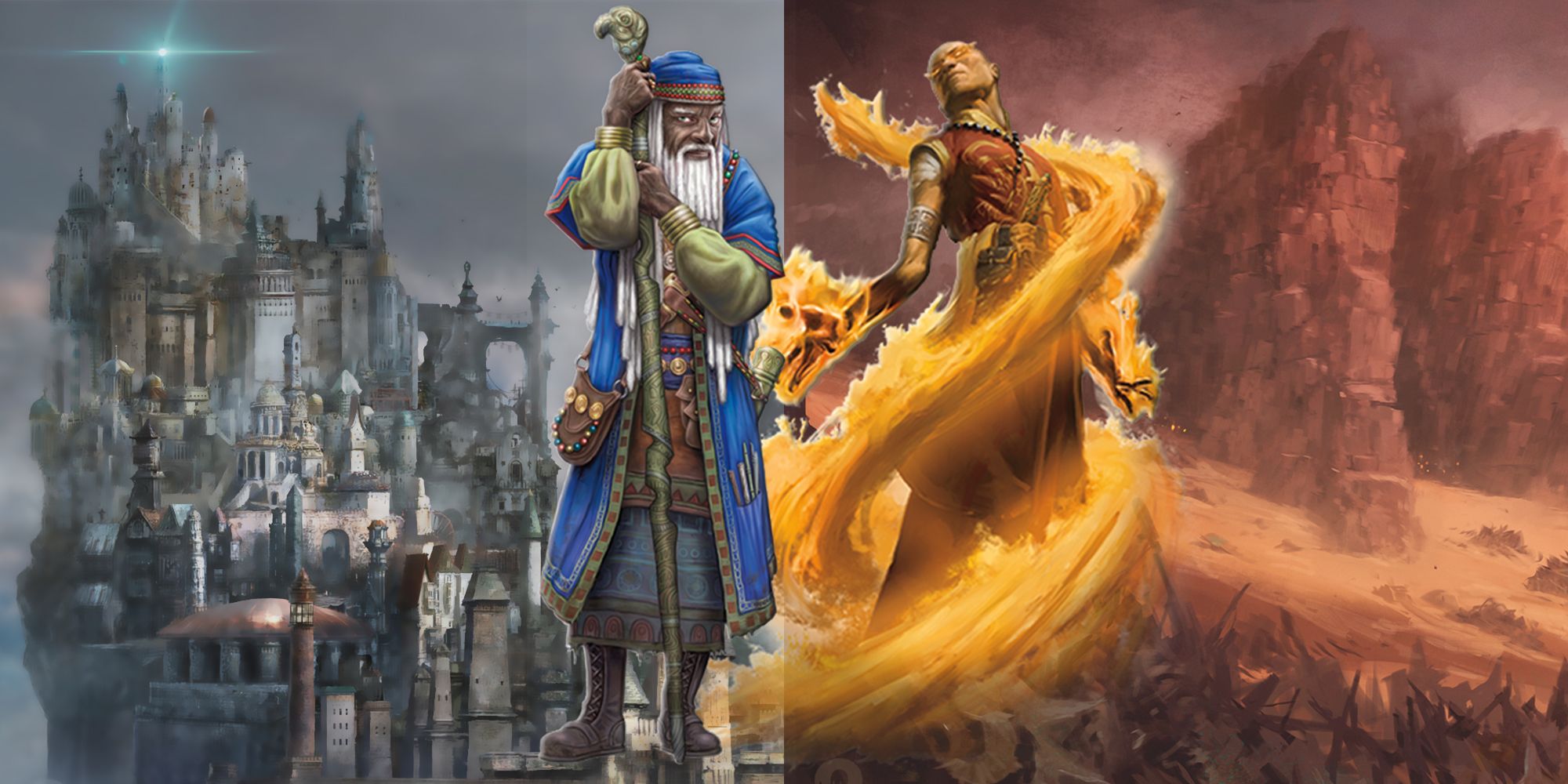
Once a third character enters the mix, their DnD class should bring some arcane might to the group. A Sorcerer or a Wizard would be a good choice, as they have more versatile utility than the Warlock in Dungeons and Dragons. Having some extra party members around means the arcade caster has a buffer, so they can cast spells without fear of being brutally destroyed. This is why it's good to only bring a caster into your DnD party if there are a few other players or characters around to draw enemy fire.
Sorcerers are built around the concept of innate spellcasting, with magic they can access thanks to raw power within them. With the 2024 Player's Handbook rules, they can enhance their abilities in short bursts thanks to the Innate Sorcery feature, which is similar to a Barbarian's ability to power up with Rage. At level two, Metamagic allows sorcerers to modify spells in unique ways.
Wizards are the ultimate in DnD spellcasting flexibility, with a huge list of spells and plenty of spell slots to use. They can also regain some spells upon short rests, which makes it easier for them to magically support a small DnD party. At level three, a Wizard could gain stronger defense by taking the Ajurerer subclass or explore other interesting options with Diviner, Evoker, and Illusionist.
Having a spellcaster class in DnD brings a ton of options to the table for dealing with challenges, in terms of destroying enemies, deceiving foes, or bypassing hazards. Once a fourth character comes to unify the party, the best DnD class to add next would be a Bard, Cleric or Druid, but at that point, they'll have brought the numbers up and created a standard DnD party.
Any D&D Party Can Be Great In The Right Campaign
There's No Wrong Way To Play D&D
DnD is nothing if not flexible, so it's also important to note that these options are suggestions rather than rules. Any party composition could work for any size of DnD party, some are just less well-balanced and optimized than others. The best path can also depend on the nature of the campaign in question. A Rogue might be the best choice for a solo campaign focusing on heists, while a Bard could be strong even in a small party if the story is more focused on roleplay than grueling combat.
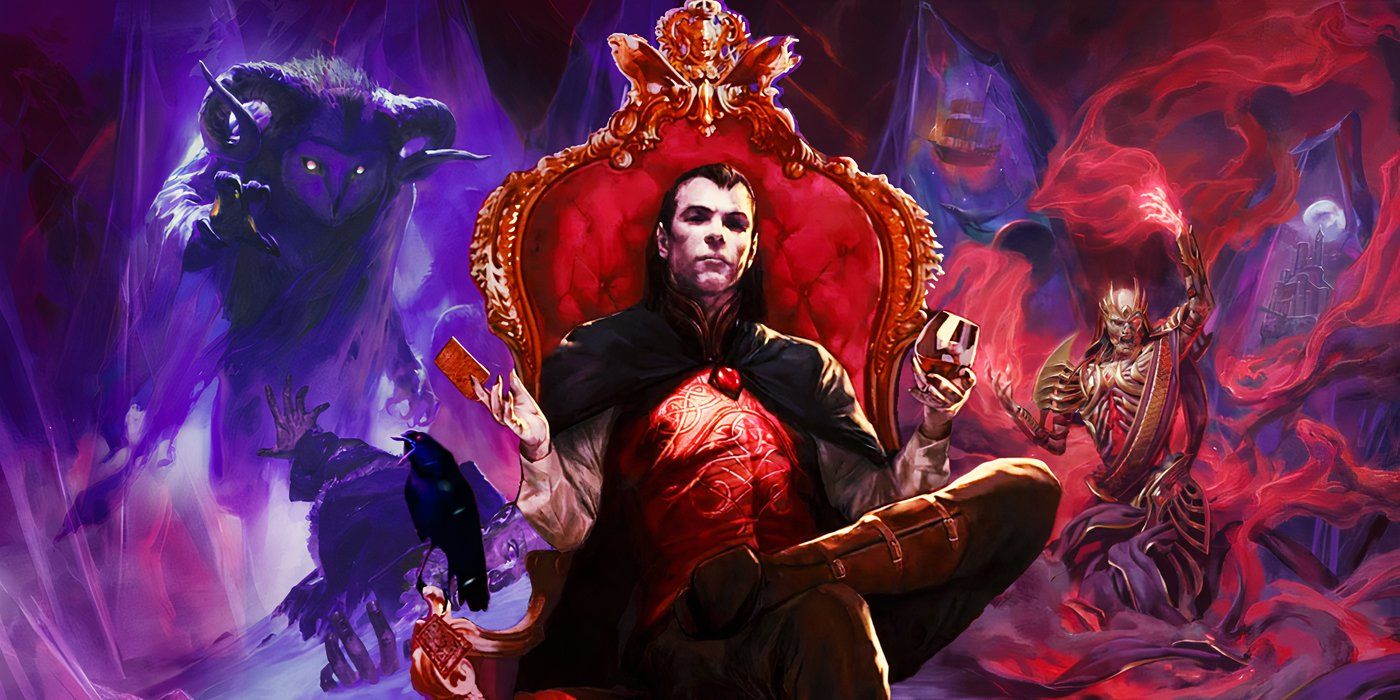
Related
Every D&D 5e Campaign Book, Ranked
Dungeons & Dragons has released a wide variety of campaign books over the course of fifth edition, and some definitely stand out more than others.
Ultimately, making a great campaign work with a small party is just a question of collaboration between the players and Dungeon Master, and it's possible to have a great experience with any approach. When trying to make sure that the campaign works well, however, it's best to start with a class that can stay alive in the fray and then add some stealth and magic as the Dungeons & Dragons party expands.
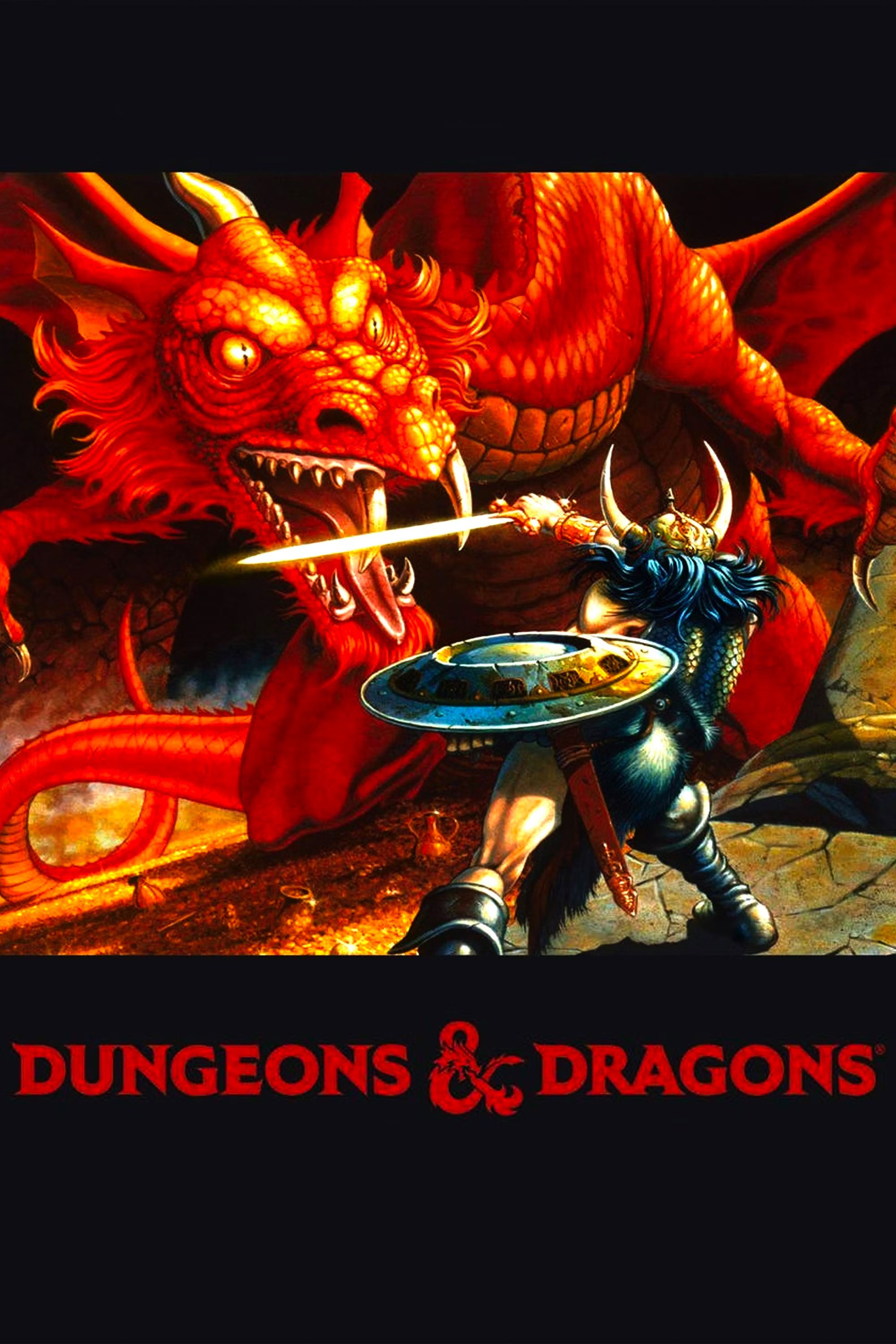
Dungeons and Dragons
Dungeons and Dragons is a popular tabletop game originally invented in 1974 by Ernest Gary Gygax and David Arneson. The fantasy role-playing game brings together players for a campaign with various components, including abilities, races, character classes, monsters, and treasures. The game has drastically expanded since the '70s, with numerous updated box sets and expansions.
Original Release Date 1974-00-00
Publisher TSR Inc. , Wizards of the Coast
Designer E. Gary Gygax , Dave Arneson

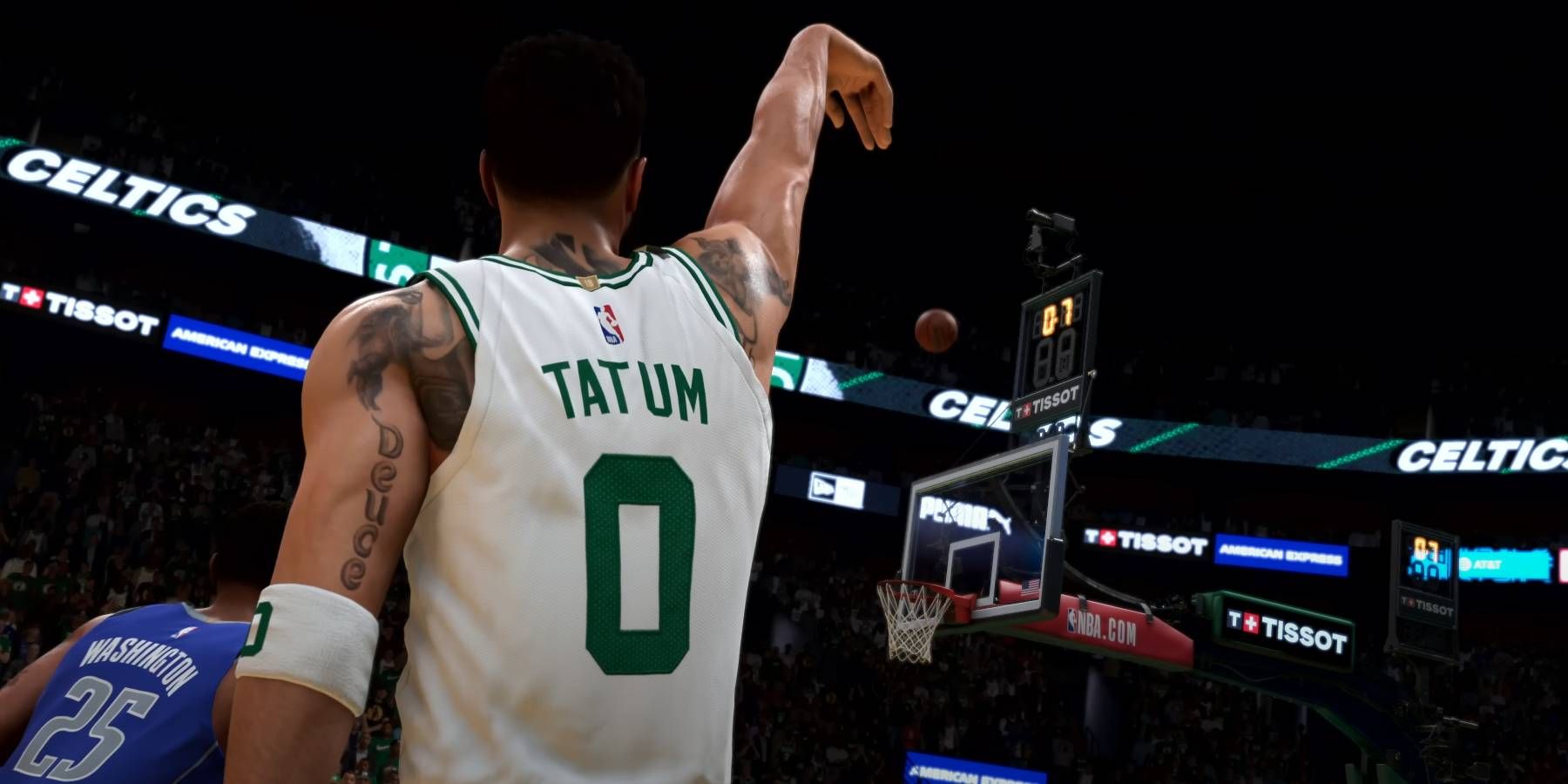

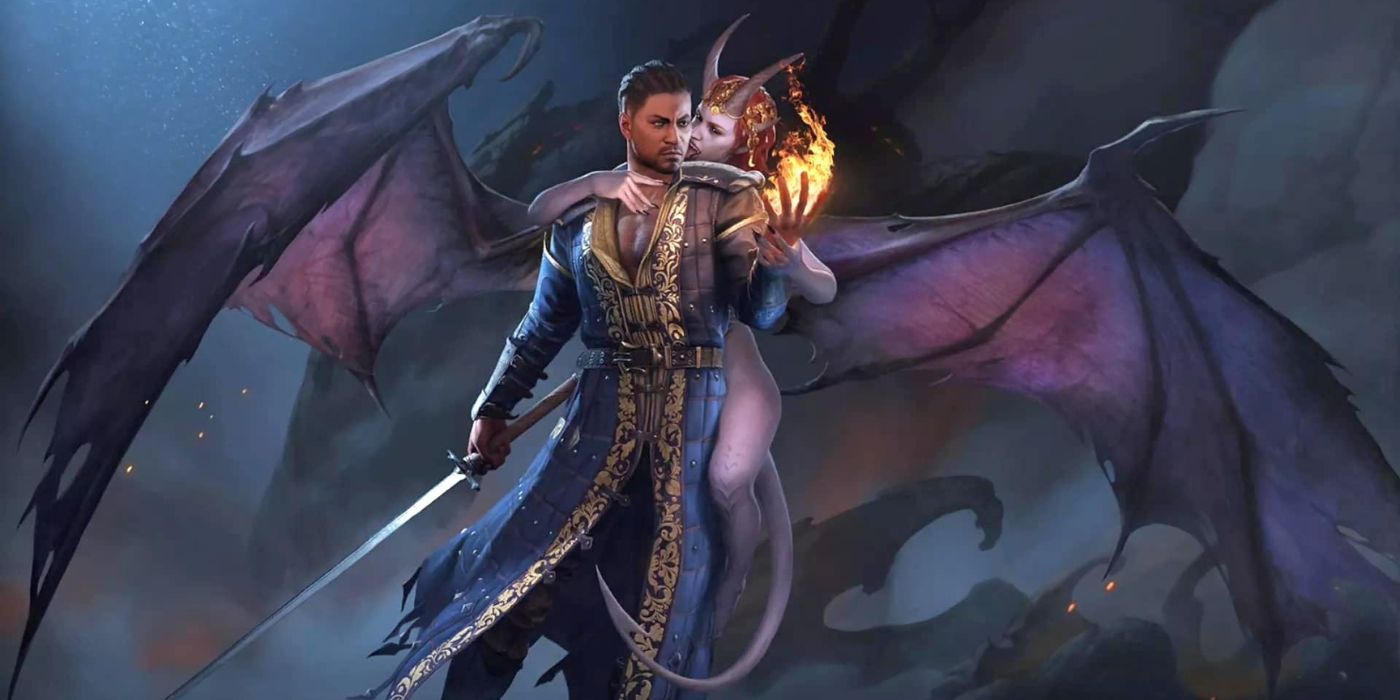

:quality(85):upscale()/2024/10/01/898/n/1922243/acd995f066fc5c8f752d64.78249385_.jpg)
:quality(85):upscale()/2024/10/22/308/n/49351761/c55c810967189698f3dd63.55301150_.jpg)

:quality(85):upscale()/2024/10/22/861/n/49351763/c16d1a626717ffd600d554.20508840_.jpg)
 English (US) ·
English (US) ·